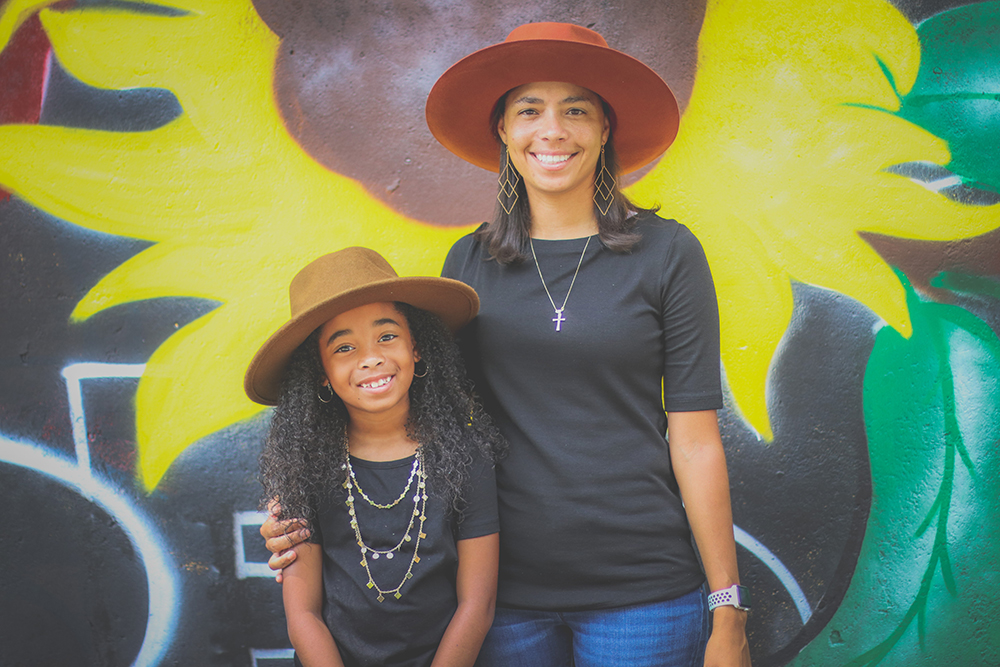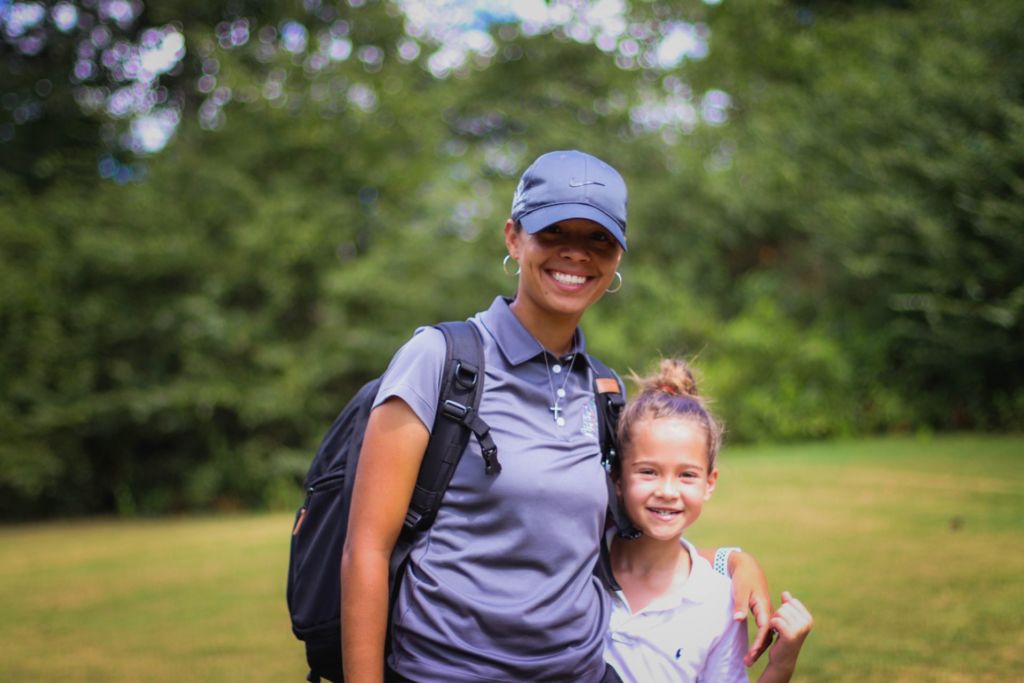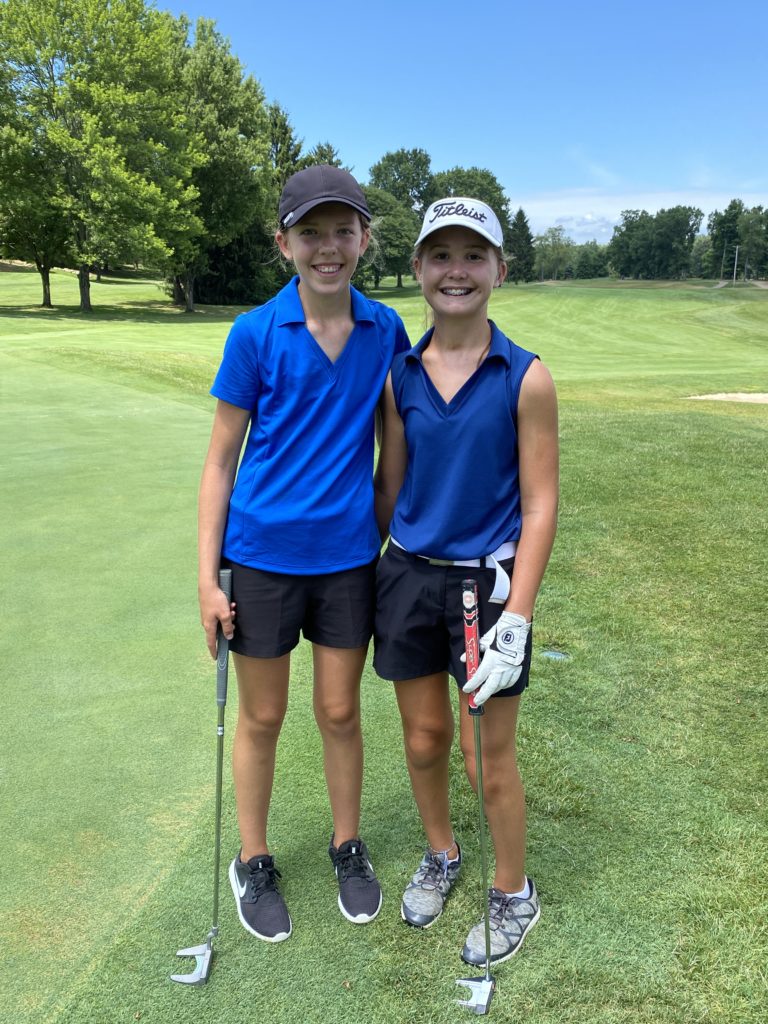Since launching in 1997, the youth development organization has expanded its programs and impact in all 50 states and select international locations
Next up: modernization of the program experience, a focus on teens, leveraging technology and expanding access to programs
PONTE VEDRA BEACH, Fla. (February 23, 2022) − For 25 years, First Tee has used golf to teach lessons about life. This week, the youth development organization is kicking off its 25th anniversary with the first of many alumni features and a new anniversary storytelling hub on firsttee.org.
Since launching in 1997, First Tee has grown to a network of nearly 150 chapters with programs delivered at 1,400 golf courses, 10,000 schools and 1,700 youth centers in all 50 states and select international locations, including Australia, Canada, Japan, Korea, Mexico and Morocco. The impact is deep and far-reaching. In 2021, First Tee impacted more than 2.2 million kids and teens. Additionally, more than 10,000 adults are involved each year in support of First Tee’s mission, many of which have participated in First Tee’s signature positive youth development trainings.
“There is little doubt that First Tee has grown significantly and had an indelible impact on millions of young people during the last 25 years,” said Greg McLaughlin, First Tee CEO. “I am inspired by the dedicated leaders at our chapters, and by the volunteers, donors, team members and partners across the network who show their commitment to our mission each day.”
“We are grateful for the vision of my predecessor, Tim Finchem, and for his leadership in creating First Tee in 1997,” said Jay Monahan, PGA TOUR Commissioner and Chair, First Tee Board of Governors. “Congratulations and thank you to all who have played an essential part in growing First Tee and contributing to the many transformational and inspiring stories we’ve seen over the last 25 years. Just as importantly, we’re extremely excited about the path and trajectory of the program going forward as the next chapter in First Tee begins.”
First Tee is in the midst of a multi-year re-investment to modernize and enhance the organization. It completed its first-ever brand refresh in 2020 and is underway with a robust curriculum evolution to better position the organization to reach teens and keep kids engaged in the program longer. First Tee remains committed to breaking down barriers that keep kids and families from feeling like they belong and is actively working to reach underserved and underrepresented areas of the communities our chapters serve.
Dr. Amber Hardeman is the first of several alumni to be featured in conjunction with the anniversary. Not only does Amber have an incredible work ethic and multiple degrees, but she has made it her life’s mission to support under-resourced populations with her career in medicine. Her journey can, in large part, be traced back to her time with First Tee. Joining First Tee — Greater Dallas in 2005, she gained dozens of opportunities and advanced her golf game, but more importantly, she developed her character and values that continue to guide her today.
First Tee officially launched on November 13, 1997 with an announcement in New York City’s Central Park. It all started with a vision: Make golf more accessible. It was under the leadership of former PGA TOUR Commissioner Tim Finchem, with the support of the major golf organizations – Augusta National, LPGA, PGA of America, PGA TOUR and USGA – that First Tee was created.
To learn more about First Tee, its impact and future vision, please visit:
A press kit with fact sheet, alumni stories, anniversary logo, photos and video is available here.


 Can you give an example of a challenge you have faced in your career and how have you worked to overcome it?
Can you give an example of a challenge you have faced in your career and how have you worked to overcome it?
